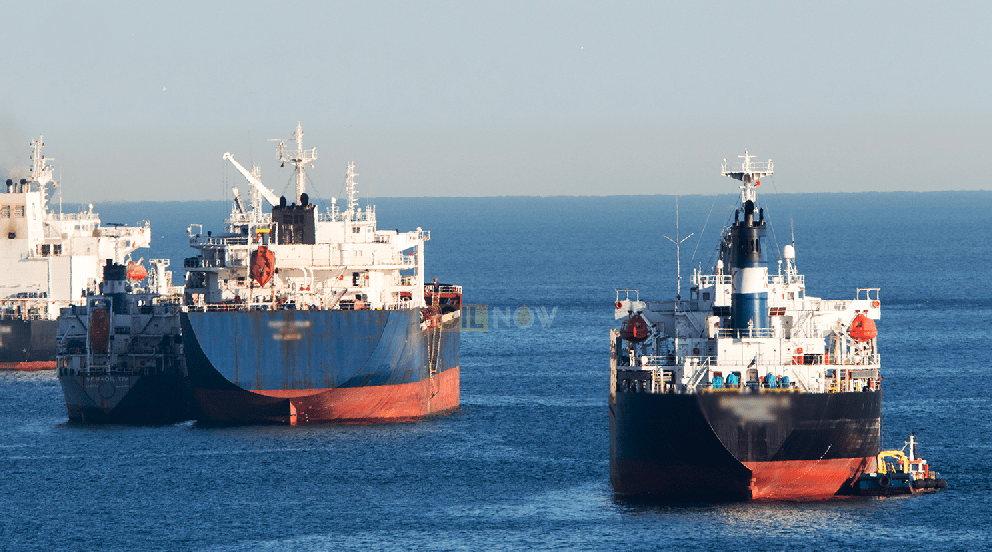(S&P Global Platts) Global oil and gas producers, facing a pummeling from environmental activists and shareholders, can rely at least for a while on persistent oil demand and a need for their expertize and scale, even as pressure increases for them to diversify.
Recent days have seen an upsurge in pressure on the global oil majors, with activist investors securing changes to the board of directors at ExxonMobil, and Chevron compelled by shareholders to set tougher long-term emissions targets.
Shell has been ordered by a Dutch district court to accelerate its emissions reductions, while in the same week its French rival changed its name to TotalEnergies to reflect its transition goals.
Opinions vary as to the gravity of such moves. Royal Bank of Canada analyst Biraj Borkhataria said of the Dutch ruling: “We would assume there are likely multiple years of appeals and long arduous court battles over this case, plus many others to come… so we won’t bother giving much weight to the ruling.”
And investment bank Jefferies questioned activists’ ability in the courts to pin causation for climate change directly on oil and gas companies, as well as the Dutch court’s sway outside the Netherlands.
In its central, most-likely-case scenario, S&P Global Platts Analytics sees global oil demand rebounding from pandemic-induced lows into 2023, and then growing structurally, though slowly, through to 2040, led by economies such as China and India, albeit some growth is in “non-emitting” areas such as petrochemicals.
Not that the oil and gas majors are insensitive to the need to change. BP chief executive Bernard Looney has embraced the idea of reductions in demand, partly on the back of the pandemic, and plans a 40% cut in the company’s upstream production by 2030. All the big oil companies are diversifying into areas such as LNG and renewable electricity. “The pandemic I think only adds to the challenge for oil in the future,” Looney said in April 2020.
This could open opportunities for companies elsewhere facing less pressure from activists, Dmitry Loukashov, equities analyst at Russia’s VTB Capital, said.
“These events are not isolated and are likely to be followed by further pressure on oil companies to decarbonize,” he said in an investor note. “This might provide some advantage to Russian oil companies… However, it could well further undermine Western investors’ appetite for traditional oil exposure in general, and investments in Russian oil shares.”
Investor antipathy means the sector is likely to shy away if it can from the kind of massive spending projects seen in previous decades. A case in point is the $45 billion expansion at Kazakhstan’s Tengiz field, led by Chevron, expected to lift output levels to 1 million b/d of oil equivalent.
Platts Analytics, under an alternative 2 Degree Outlook, sees the oil and gas majors’ traditional business models increasingly challenged, noting “higher cost oil production would be displaced first, with only the lowest cost producers (largely OPEC) continuing to produce oil over the long-term.”
So, while oil majors may be more cautious in investments in oil projects in both size and scale, their role will still likely be shaped by the needs of the oil consumer.
Size advantage
On paper, the oil majors’ equity share of production accounts for a little over 10% of the global oil market. But while there is increasing expertise among both national companies and large independents, the majors support sizeable additional volumes of production on behalf of others in politically sensitive locations or at challenging fields such as Iraq’s Rumaila or Kazakhstan’s super-giant Kashagan and Tengiz.
The Tengiz expansion, with some 25,000 workers deployed at the remote site, may seem unusual, but other oil and gas majors have also been making clear their continued commitment to oil, and in some cases quite large projects.
BP on May 27 signed a new production partnership deal for its Clair heavy oil field in the UK West of Shetland area, a field thought to have decades of productive life in it.
And TotalEnergies’ CEO Patrick Pouyanne was in Uganda in April to give the go-ahead for the new Lake Albert oil project, expected to cost some $10.5 billion and entailing a cross-border pipeline to Tanzania’s coast.
The overall project, he said, is “consistent with our strategy to focus on low-breakeven oil projects while lowering the average carbon intensity of [Total’s] upstream portfolio” and will also create “significant in-country value for both Uganda and Tanzania.”




